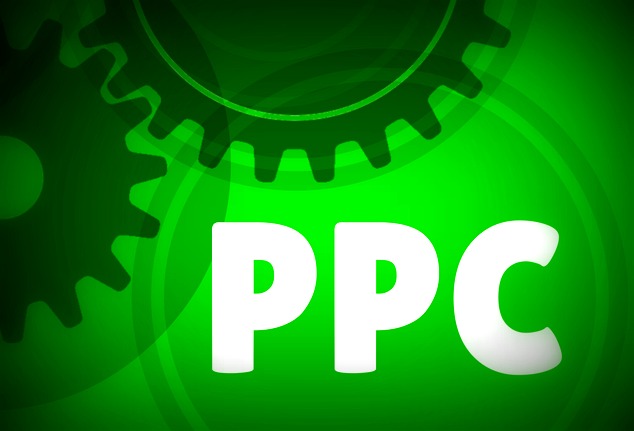Econsultancy.com – a UK-based marketing consultancy firm – recently published a report enumerating the many beneficial effects of personalizing paid search campaigns. The report’s data, gleaned from a survey of some 600 respondents active in paid search in the UK, shows that 48 percent of respondents reported a “major lift” in conversion rates thanks to personalization, with another 43 percent report “minor uplifts” using the tactic. An overwhelming 91 percent report that personalization causes some level of improved conversion rates.
PPC Personalization 101
It’s long been standard practice among PPC search marketers to create unique landing pages to serve as destination URLs for ads, ad groups, and/or ad campaigns. The content and presentation of these pages will be consistent with – and restricted to – the content and presentation of the ad itself. Doing this ensures that searcher will not be surprised or disappointed by the post-click experience.
But this level of personalization is just a starting point. To significantly boost conversion rates, more advanced levels of personalization are needed. Here are some advanced levels you can use in concert with your paid search campaigns:
- Device-level personalization
Google recently restored device targeting to paid search marketers, a move likely to enhance conversion rates if acted upon correctly. Personalizing campaigns by device is very useful because it’s likely that users on different devices have discernibly different intentions when typing in similar or identical queries. Device-level personalization allows marketers to create custom ad copy for each class of intent, and bid more for those users most likely to convert. - Google Ads Geo-Customizers
Google provides an advanced form of dynamic keyword insertion known as ”Ad Customizers” that allow marketers to create personalized experiences for those in a known geographical location (or for those expressing an interest in a particular location). Location-specific pricing, product availability, and calls to action are all available, providing a way to give PPC ads a personal touch likely to boost conversions. Google now also also offers Affiliate Extensions, which let OEMs (Original Equipment Manufacturers) communicate with geo-located prospects about how many searched products are within a particular store’s inventory at any given time. - Custom Audiences
Custom Audiences — originally created by Facebook — were adopted by Google in late 2015 (Google calls them “Customer Match”); effective on its Search, YouTube, and Gmail properties. Custom Audiences consist of lists of email addresses of people who’ve already divulged these addresses to the marketer, for example, by buying a product, filling out an inquiry form, or joining a mailing list. By segmenting these lists and targeting each with a custom message, it’s possible for the marketer to achieve a very high level of personalization. - IP-based personalization
Knowing the IP numbers used searchers can tell you a lot. For example, if you’re an enterprise software company, and someone comes in bearing an IP number belonging to Oracle.com or IBM.com, you’ll probably want to bid a lot for that customer. Conversely, a visitor coming bearing an IP address associated with Verizon.com or T-Mobile.com won’t likely be deemed to be as valuable. - Remarketing Lists for Search Ads
Remarketing Lists for Search Ads (Also known as RLSAs”) provide an effective way to personalize ad copy for site visitors once they’ve you’re left your site and are visiting others sites in the network. The programming underlying the display of RLSAs can be very simple or accomplished via sophisticated rule sets with multiple conditions that must be satisfied before the ad fires.
Personalizing your PPC search campaigns is a smart idea because people respond more favorably to ads and landing pages that appear to be custom-tailored to their individual needs. Additionally, better conversion rates contribute to higher Quality Scores, lowering the effective cost of each ad run by the marketer.
However arriving at all the elements required to populate an optimally-personalized PPC search campaign can take time – and money. The only truly reliable way to determine which combination of ad copy, offer, and other ad elements works best is to purchase enough clicks from Google to build statistically-reliable models. Consequently, those marketers with larger search budgets enjoy an advantage over those who either can’t afford to build such models, or aren’t analytically adept enough to take advantage of them.
Still, paid search personalization is such a powerful tactic that it’s something you should explore, irrespective of your budget level or level of in-house/agency analytics talent. Even if your gains are marginal at the outset, they will likely grow as you continue to test, learn, and more your search campaigns in the direction of deeper personalization.


